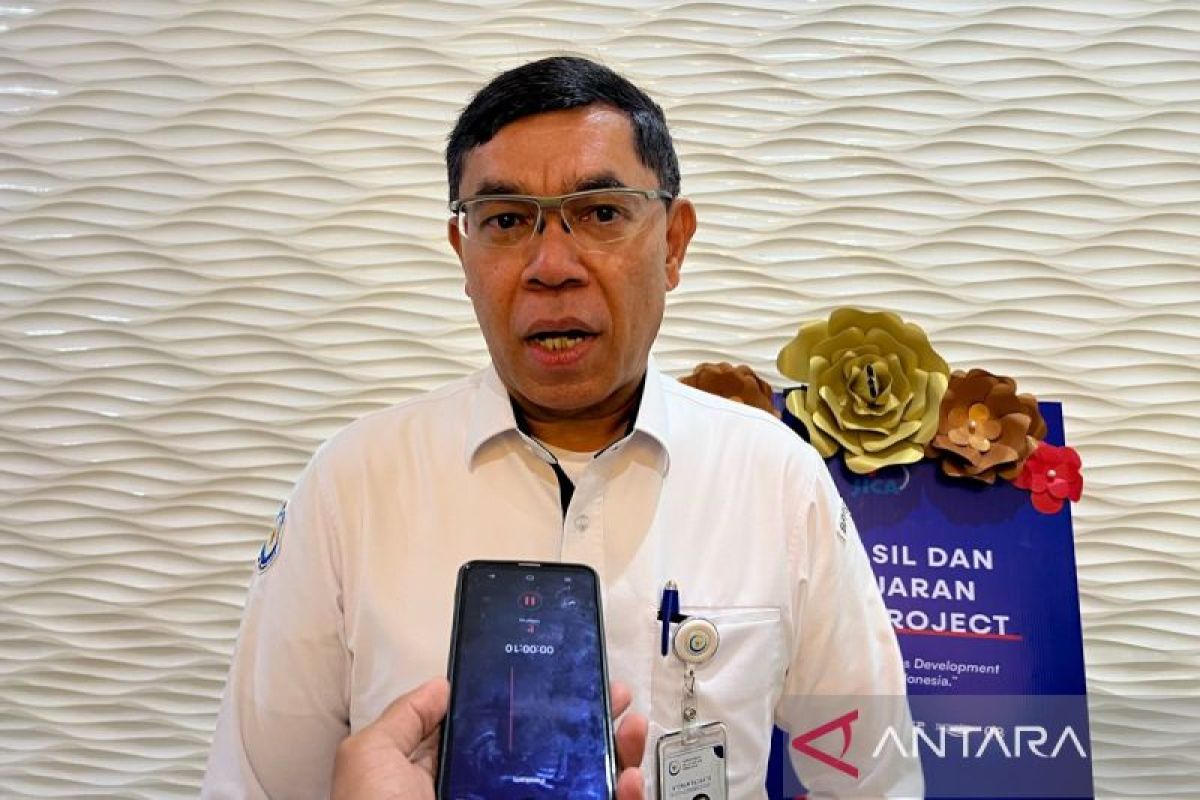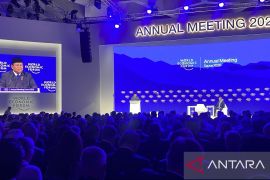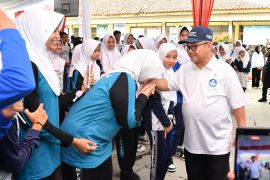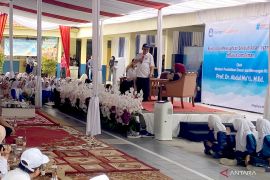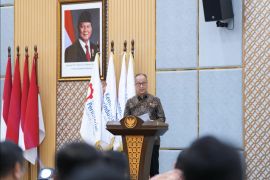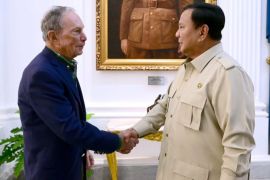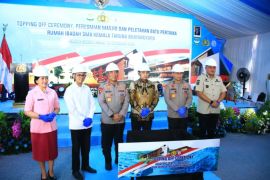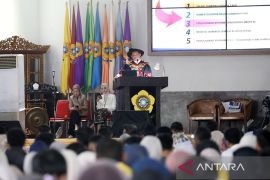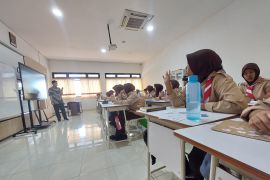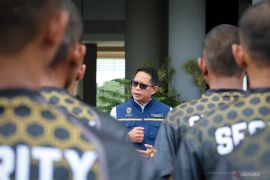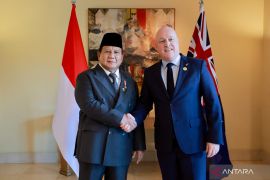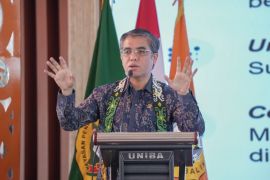“The program is designed to enhance Indonesia’s marine technology capability through advanced knowledge transfer and human resource development initiatives,” Head of the Maritime and Fisheries Human Resources Development Agency, I Nyoman Radiarta, said in a statement on Sunday.
He noted that the collaboration was driven by Indonesia’s position as a maritime nation with vast blue economy potential, the urgent need to develop a skilled workforce in marine technology, and the success of ongoing Indonesia-China maritime cooperation.
Radiarta also highlighted the importance of adopting sustainable technology to achieve carbon neutrality and rising demand for marine technology professionals.
According to him, participants received insights on blue economy policies in both countries, marine ecological restoration, applications of natural pigments, algae cultivation and carbon neutrality, sustainable aquaculture technology, and environmental impact assessment.
He said the program addresses a skills gap between industry needs and existing human resources, while opening opportunities for technology transfer and long-term bilateral cooperation in marine technology development.
Its goal is to cultivate a competent ecosystem of Indonesian marine technology professionals capable of applying sustainable innovations to support national blue economy development.
“We share the same goal of learning, connecting, and creating new ideas for the future of our marine and fisheries sector,” Radiarta said.
Director of the Indonesia-China Climate and Ocean Center, Bailin Cong, stated that the marine ecosystem is the lifeblood of the planet and that the blue economy has become a key driver of sustainable development in both countries.
The four-day training took place at the Jakarta Campus of the Fisheries Business Polytechnic and included sessions at the the ministry's Headquarters and BRIN Serpong facility.
Related news: Indonesia eyes Rp2 trillion investment at marine-fisheries forum
Related news: Indonesia launches blue carbon roadmap, action guidelines at COP30
Translator: Harianto, Kenzu
Editor: M Razi Rahman
Copyright © ANTARA 2025
